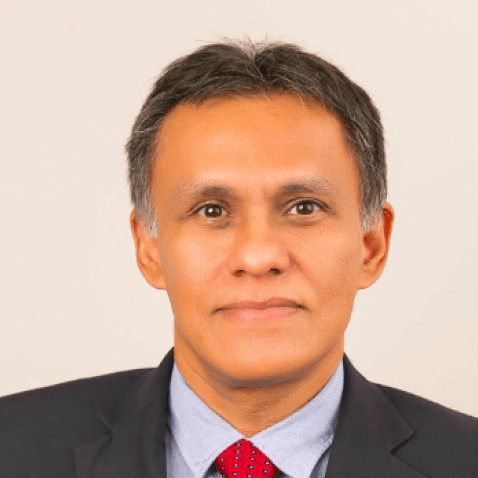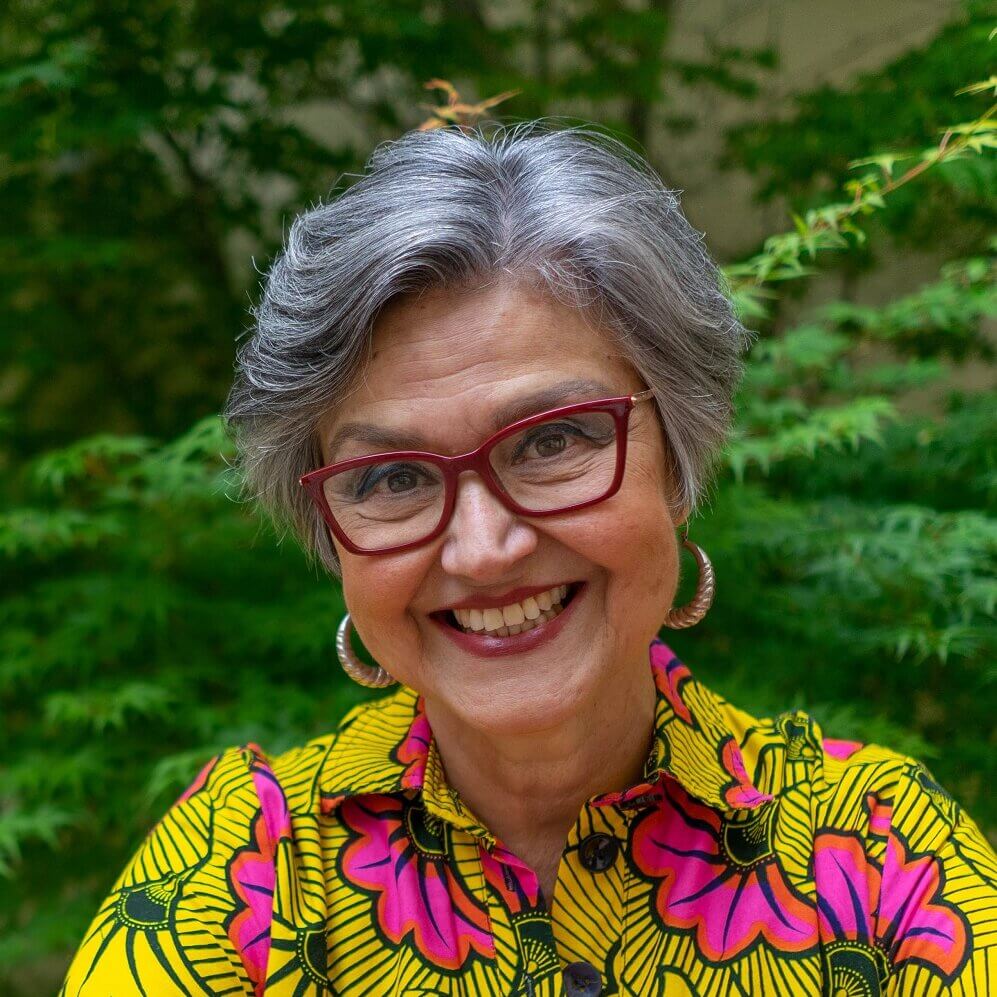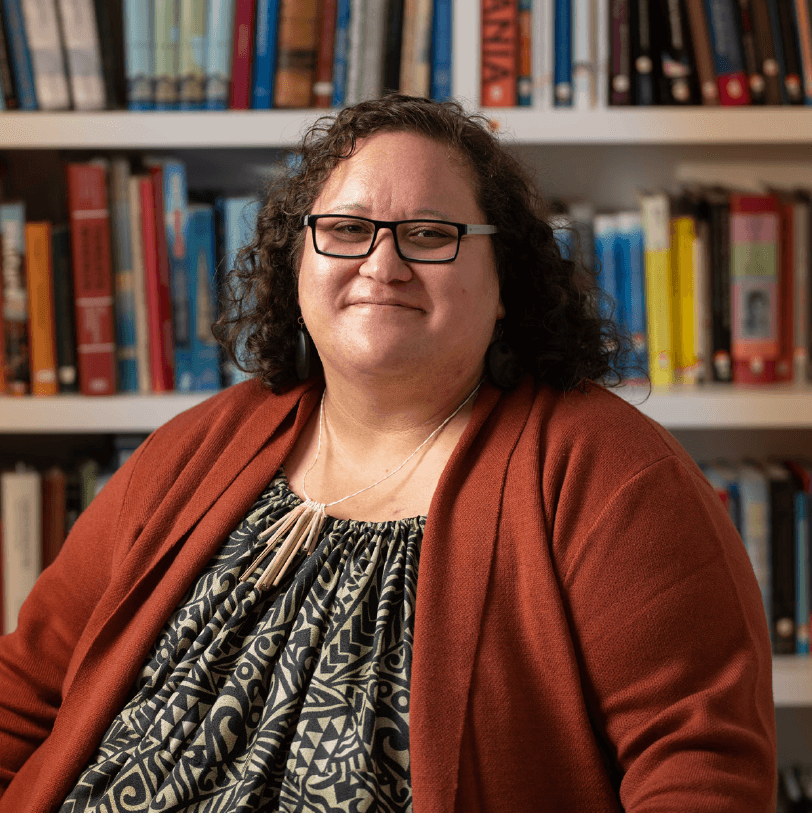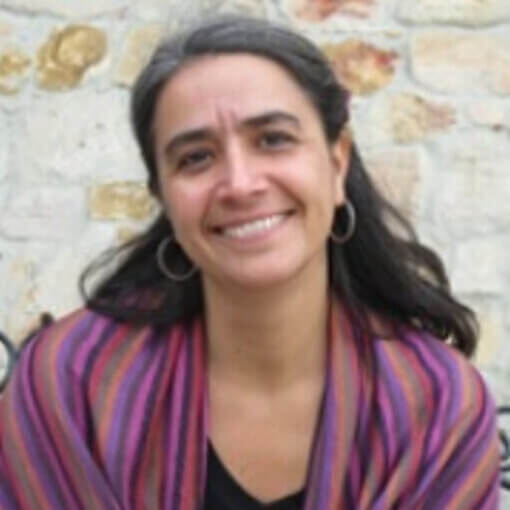
Long Read: about 13 minutes
At this year’s Sustainability Research + Innovation Congress (SRI) held in Panama City (June 29th, 2023) the ISC’s Committee for Freedom and Responsibility in Science (CFRS) hosted an online panel session to discuss growing attacks on environmental scientists, the implications of this for the free and responsible practice of science worldwide, and the urgent need for the international science community to address this issue in the face of imminent and potentially catastrophic climatic and ecological tipping points.
Threats and attacks against environmental scientists and researchers occur against a broad backdrop of declining academic and scientific freedoms and escalating geopolitical conflicts globally. These threats and attacks undermine the integrity and credibility of environmental science, hinder its capacity to inform policy-making and public discourse, hold back progress on solving urgent problems, and exacerbate environmental degradation, resource overexploitation, and social injustice. Ultimately, this suppression of knowledge and evidence reduces our ability to prevent and mitigate environmental disasters, contributes to resource-centric conflict, and risks major humanitarian crises.
Jorge Huete: “Whenever environmental scientists are attacked or censured it goes against the Principle of Freedom and Responsibility in Science and weakens the important role that science plays in society. Clearly, this is an important issue for the functioning of the global science system. Ignoring the warnings and expertise of environmental scientists can have severe humanitarian consequences, such as polluted water and soil, collapsing fisheries, food shortages, oil spills, and mass displacement of human populations. These consequences not only pose immediate threats to communities and ecosystems, but also have the potential to worsen social, economic, and political tensions, ultimately leading to future conflicts.”
Around the world, the findings of environmental scientists (including social and natural scientists) and the warnings of environmental defenders have long triggered censorship, intimidation, harassment and even violence when these challenge economic interests, political agendas, or ideologies. In industries such as logging, fishing, agriculture, chemical manufacturing, mining, and fossil fuel extraction, for example, scientific evidence of negative environmental (and social) impacts may be seen as an obstacle to short-term economic gain. Often, governments carry vested interests in these industries, and perceive environmental science — and criticism stemming from this — as challenging national policy and the authority of leadership.
Jorge Huete: “In today’s geopolitical landscape, resource extraction often takes priority over responsible environmental stewardship.”
Vivi Stavrou: “At a time when science is of paramount importance to human and environmental wellbeing, scientific freedom is under attack in many places. It is exactly those rights and principles related to the free and responsible practice of science that are attacked as people and groups, for a variety of interests, seek to undermine scientific research.”
Online harassment, abuse, threats, stalking, and smear campaigns are the most common forms of attack, which aim to silence individual scientists and intimidate research organizations and institutions. Industry lobbyists may conduct mis/disinformation campaigns or cherry-pick scientific data to discredit scientists or create an impression of uncertainty. Governments, as well as industry lobbyists, may interfere with the functioning of science systems by exerting pressure on research institutions, funding bodies, academic journals, and media to prevent the conducting, publication, and dissemination of research. Governments and industry may also engage directly in prolonged legal manoeuvring and harassment or interfere with scientists’ employment. In extreme cases, scientists have been physically attacked, wrongfully detained, and killed for their research and advocacy. While researchers studying climate change, biodiversity, and conservation biology are the most common targets, threats and attacks are widespread in virtually all fields examining human impact on the environment.
Jorge Huete: “These disciplines are among the most targeted because their work directly affects policies and practices that can impact powerful industries’ profits and operations.”
These attacks occur worldwide, but their methods and intensity vary across different regions. The LAC region has emerged as a hotbed of anti-environmental-science activity, with attacks here appearing more frequent and more violent compared to most other regions. This may be the result of a unique combination of factors. These include, for example: richness in natural resources; high levels of vulnerable habitats and biodiversity; a diverse range of indigenous communities who are deeply connected to their lands; land disputes and historical injustices; weak governance or high levels of corruption; inadequate protection or a lack of enforcement; criminal organizations heavily involved in illegal logging and wildlife trafficking; intense socio-economic and resource distribution disparities; and a strong tradition of environmental activism and resistance movements.
Jorge Huete: “Recent reports detailing numbers of attacks are deeply concerning. Despite the existence of international human rights and environmental agreements, Latin America stands out as the most dangerous region for environmental scientists and activists. It is the enforcement of laws, in particular, which faces challenges in this region due to capacity limitations and insufficient political determination. The situation in Latin America highlights the urgent need for stronger protection for environmental scientists and activists.”
Katrin Kinzelbach provided a thorough historical overview of the right to science and notions of science as a ‘public good’, highlighting the Universal Declaration of Human Rights (which refers to science in Article 27: “Everyone has the right freely to participate in the cultural life of the community, to enjoy the arts, and to share in scientific advancement and its benefits.”) and the critical role of delegates from the LAC region in developing these ideas.
Katrin Kinzelbach: “As is often the case when it comes to human rights, there is often a difference between de jure commitments and the de facto situation. When we refer to a population-weighted average (in the Academic Freedom Index), giving more weight to countries with larger populations, we find a very clear global downward trend in scientific freedom. This is also true for Latin America, where the academic freedom scores of several countries have declined over the last 10 years.”
These trends in scientific and academic freedoms are linked to democratic freedoms more broadly, but gathering reliable data on attacks against environmental scientists and defenders in repressive or authoritarian countries is extremely challenging.
Katrin Kinzelbach: “Autocratization facilitates attacks on scientists (among other members of society). Especially in repressive countries, we probably know of many fewer cases than actually occur. It is very difficult to obtain reliable data that are comparable over time and across countries, and we simply don’t have truly reliable data on these events. We tend to focus on hard repression, especially murder, but there are softer forms of repression that are much more difficult to observe and still undermine science. Soft forms of repression are very likely more widespread than hard forms of repression. Regardless, there is no doubt that some scholars are more at risk than others, and it is plausible to me that environmental scholars are a high-risk group, especially in countries where they are confronted by powerful stakeholders who have an interest in undermining their research and where the state is incapable or unwilling to provide protection.”
Indigenous cultures are often deeply connected to the environment through their languages, knowledges, and values. Simultaneously, much of the world’s remaining biodiversity and a high concentration of natural resources are found within the territories of indigenous people. Clearly, indigenous communities and environmental defenders not only play a critical role in preventing environmental destruction, they are also uniquely vulnerable to oppression and exploitation.
Krushil Watene: “The urgent need to protect environmental scientists intersects with the need to protect indigenous communities. These communities manage many of the world’s healthiest ecosystems, and the knowledge they collect is vital in helping us to understand the extent of our environmental destruction and for transforming our development goals and practices. Any attack on scientists and communities attempting to protect the environment from destruction is, in one way or another, an attack against indigenous communities — to the extent that it affects their survival. Because of their emphasis on sustainable stewardship over extractive environmental exploitation, their location on resource-rich lands, socio-economic factors, a lack of recognition of their existence, dismissal of their rights, the undermining of the credibility of their knowledge systems and practices, and the denial of their knowledge’s relevance to science, indigenous communities and indigenous environmental scientists and defenders are particularly vulnerable to oppression, threats and attack.”
Iokiñe Rodríguez: “Transformations to sustainability are not only shaped from the top down through governance structures and market forces, they are also influenced from the bottom up through social resistance and environmental justice mobilisations. The silencing of environmental justice activists and scientists constitutes the silencing of thought around alternative futures for the world and for humanity. This is what I find particularly disconcerting about the increasing trend of silencing science and indigenous peoples in their struggles against environmental destruction. This silencing has a very specific purpose, which is the perpetuation and expansion of a particular model of development. So, the strategies that have to be developed to counteract these forms of violence have to take into account the mechanisms of the global capitalist system.”
The panel, together with the audience in Panama and online, discussed how the global science community can respond to and prevent these threats and attacks, resulting in several urgent key actions:
Jorge Huete: “To make some progress in these matters, it is crucial to acknowledge our place within a global community, but also to begin our efforts at the local level. Actions such as these will be essential in promoting sustainable practices, mitigating crises, and building a more resilient and fairer global future.”

Jorge Huete (Chair)
Academy of Sciences of Nicaragua, Professor at Georgetown University

CFRS Executive Secretary, ISC Senior Science Officer

Professor of the International Politics of Human Rights, Friedrich-Alexander Universität Institute of Political Science

Krushil Watene (Ngāti Manu, Te Hikutu, Ngāti Whātua o Orākei, Tonga)
Peter Kraus Associate Professor in Philosophy, University of Auckland Waipapa Taumata Rau

Associate Professor in Environment and Development, School of International Development, University of East Anglia
Image by Scott Umstattd on Unsplash.